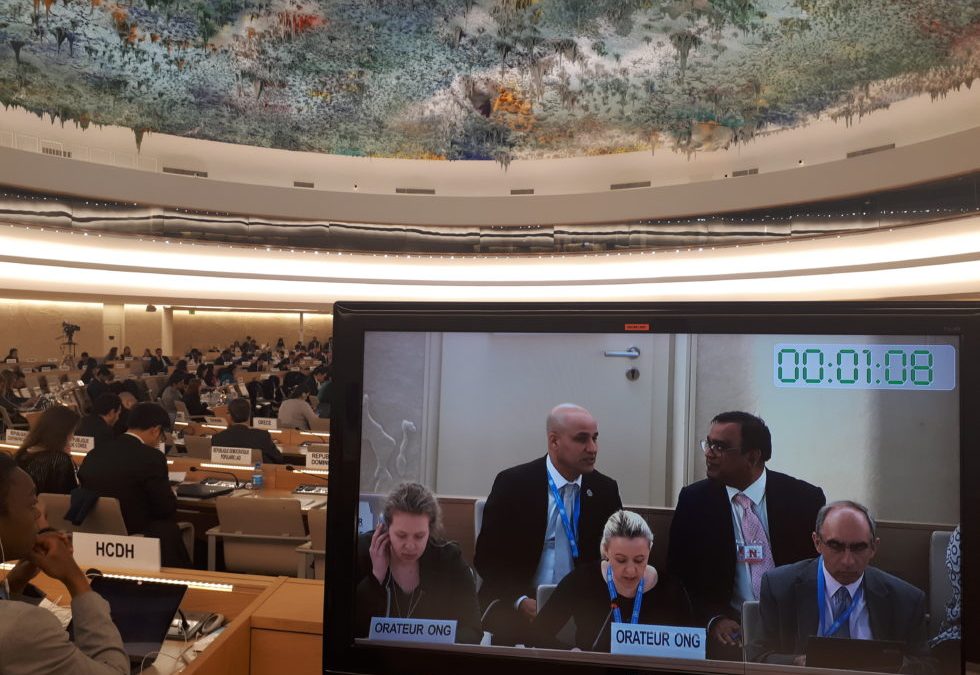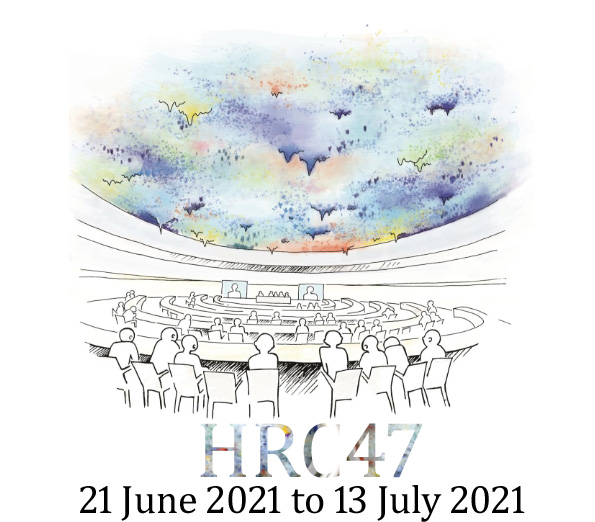
by CAP Liberté de Conscience | Jul 15, 2021 | CAP LC United Nations, UN HRC 47
CAP Liberté de Conscience (21.06.2021) – Mr. Dalibor Močević, a Croatian and Bosnian national of Serbian descent, is a victim of human rights violations in Croatia. Following the prohibition of discrimination based on race, sex, language and religion in the Charter of the United Nations, the adoption of the Universal Declaration of Human Rights became the next important step in the legal consolidation of the principle of equality before the law and the resultant prohibition of discrimination.

by CAP Liberté de Conscience | Jun 22, 2021 | CAP LC United Nations, news, Newsletter2020, UN HRC 47
CAP Liberté de Conscience is concerned about the relaunch of the fight against religious minorities in France since the recent reorganization of MIVILUDES (the Interministerial Mission of Vigilance and Fight Against Cultic Deviances) has been implemented.
At the beginning of 2020, the French Prime Minister announced a reorganization of MIVILUDES in response to a report from the Accounting Court (Cour des Comptes) which denounced the lack of professionalism of MIVILUDES in its working method and questioned the relevance of such an organization.

by CAP Liberté de Conscience | Jun 21, 2021 | CAP LC United Nations, news, Newsletter2020, UN HRC 47
Tax weapons have been often used to discriminate against religious and spiritual minorities. This is becoming a global problem, and one the human rights community should be aware of.
In France, in 1996 a Parliamentary Commission of Inquiry established a blacklist of spiritual groups classified as “cults” (in French, sectes). 172 groups were thus criminalized, and a policy of repression was instituted against these spiritual movements.

by CAP Liberté de Conscience | Jun 20, 2021 | CAP LC United Nations, UN HRC 47
On 30 August 2018 Mr. Fernand de Varennes (Special Rapporteur on minority issues), Mr. Joseph Cannataci (Special Rapporteur on the right to privacy) and Mr. Ahmed Shaheed (Special Rapporteur on freedom of religion or belief) addressed the Hungarian Government in a letter 1 “concerning discriminatory measures against the Church of Scientology on the basis of religious belief.” 2

by CAP Liberté de Conscience | Jun 20, 2021 | CAP LC United Nations, news, Newsletter2020, UN HRC 47
The Internet with Social Media has become “one of the most powerful instruments of the 21st century for increasing transparency in the conduct of the powerful, access to information, and for facilitating active citizen participation in building democratic societies.” The formation of an inclusive information society requires universal ability to access and contribute information, ideas, and knowledge so citizens can participate in discussions on public affairs and be part of the decision-making process. The Internet offers a new opportunity for developing policies on proactive transparency and dissemination of information and ideas of all kinds. Its speed, decentralization, and low cost allow both the State and private parties to disseminate information without barriers of borders, opportunity, or bureaucracy that once hampered such circulation

by CAP Liberté de Conscience | Jun 20, 2021 | CAP LC United Nations, news, Newsletter2020, UN HRC 47
Pottuvil to Polikandy (P2P) – Demands and Pledge from
Several thousand people joined the march across the island
nation’s north and east, with demands that linked Eelam
Tamil civil society.
The five-day march for justice held across Sri Lanka’s north and east last february 2021
drew attention for more than one reason.
After months of restricted movement due to the pandemic and military restrictions, it was
the first instance of several thousand people taking to the streets to assert their rights.

by CAP Liberté de Conscience | Jun 20, 2021 | CAP LC United Nations, news, Newsletter2020, UN HRC 47
The Religious Factor in the Farmers Bills Protests in India




